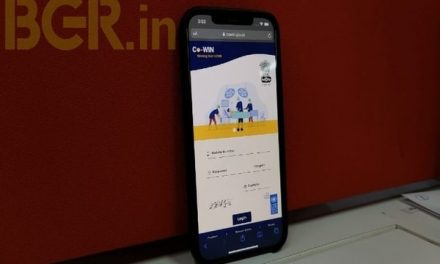Ahead of Google I/O 2018 conference, the Android P has been spotted to offer a solution to a security flaw that has been persistent on Android smartphones so far. A new report points out that Android P may preload better restrictions for apps to detect and log the network connectivity on the phone. This will come as a relief to the users who are concerned about their privacy.
On Android Oreo and earlier, all the apps come with exclusive permission to snoop into the network settings of the device to acknowledge when other apps connect to the data network, regardless of user’s permission. Google is addressing this odious flaw in the world’s highly used mobile operating system by limiting apps to access the network log files of other apps.
According to a report by XDA Developers, the Android’s SELinux rules are being modified to incorporate the new security parameters for apps that will run on Android P (API level 28). However, the report further adds that the apps normally don’t have to target the API level 28 for next few months, which means that even an Android P-running smartphone will give access to the apps to monitor the network settings of other apps on the phone.
Moreover, the codes accessed by XDA Developers point out to an inevitable mechanism where the new SELinux rules only permit some designated VPN access to detect some network activity details of other apps.
Google is taking a major step towards the enactment of stricter privacy rules for apps on Android platforms. Amid the growing concerns of privacy after the Facebook data misuse debacle, the companies are increasingly trying to buckle up data security, as well as users’ privacy.
Recently, Google-owned YouTube came under the scanner for allegedly logging the viewing history of children via the main app. Google clarified that it advises 13-year old and younger kids to use the YouTube Kids app, which does not record the watch history of the users.







